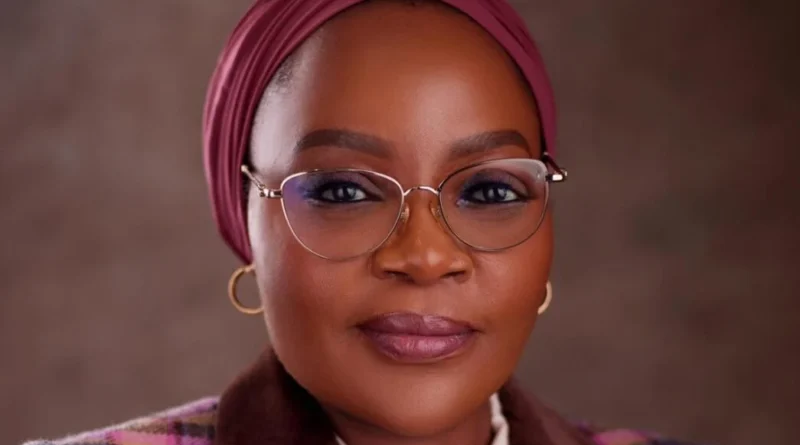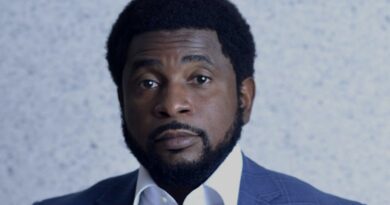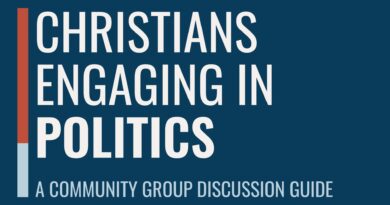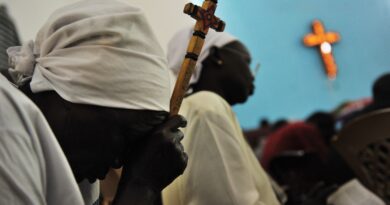Garba’s Bold Push to Transform Basic Education in Nigeria
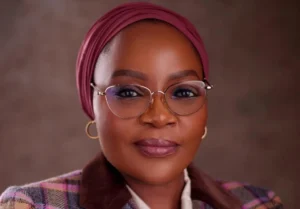 Garba’s Bold Push to Transform Basic Education in Nigeria
Garba’s Bold Push to Transform Basic Education in Nigeria
In March 2018, billionaire philanthropist Bill Gates told Nigeria’s National Economic Council that real economic growth must come with investments in people, not just infrastructure. Education, he stressed, is the cornerstone of human capital.
Years later, that message still resonates. Education builds skills, drives productivity, and fuels economic growth. Nations with the highest human development scores, such as those in Scandinavia, have long understood this. For many development experts, education remains the surest way to lift people out of poverty.
Nigeria has made attempts to strengthen its education system. The Universal Basic Education Commission (UBEC), launched in 1999, was meant to improve access and quality in basic education. Successive governments have tried to build on its mission. Yet gaps remain in enrolment, infrastructure, curriculum, and funding.
That reality set the stage for the appointment of Aisha Garba in December 2024 as UBEC’s Executive Secretary. Recruited from the World Bank, Garba brought more than two decades of experience in education reform. She had worked in Nigeria, Ghana, Somalia, Kenya, the US, and the UK, earning a reputation as a bold reformer.
Seven months into her tenure, Garba is already changing the narrative. UBEC’s focus has returned to its core mandate delivering literacy, numeracy, and critical thinking skills. The curriculum now includes digital literacy and entrepreneurship, with an emphasis on learner-centred, outcome-based education.
ALSO READ: Our Children Are Dying; Suffering in Sudan City
Her impact is measurable. UBEC has built 4,951 new classrooms and renovated 3,070. Over 353,000 units of furniture have been supplied, alongside more than six million textbooks. Students have also received 420,009 library materials and 158,000 Nigerian history books to strengthen knowledge of the nation’s past. Teacher training has reached nearly one million educators.
Garba’s biggest breakthrough may be in unlocking UBEC’s matching grants. For years, states struggled to access these funds due to rigid processes. Her reforms have simplified and made the system transparent. In 2024 alone, 28 states and the FCT accessed N78.6 billion out of the N120 billion available. The results are visible, especially in Northern Nigeria, where enrolment has surged.
Partnerships have also deepened. UBEC is working with the World Bank, UNICEF, KOICA, the Islamic Development Bank, and the UK’s Foreign, Commonwealth and Development Office. Garba has tapped her international network to mobilise additional funding.
The reforms have not come without resistance. Critics have attempted to misrepresent her work. The Minister of Education, Dr. Tunji Alausa, has publicly defended her, highlighting her achievements and shielding her from political distractions.
Despite the challenges, Garba’s leadership is steering UBEC towards transparency, impact, and equity. It may be early days, but the signs are promising. If she sustains her pace, Nigeria’s basic education system could see its most significant transformation in decades.
Content Credit: Moyosola Oni
Image Credit: Google Search. Com

